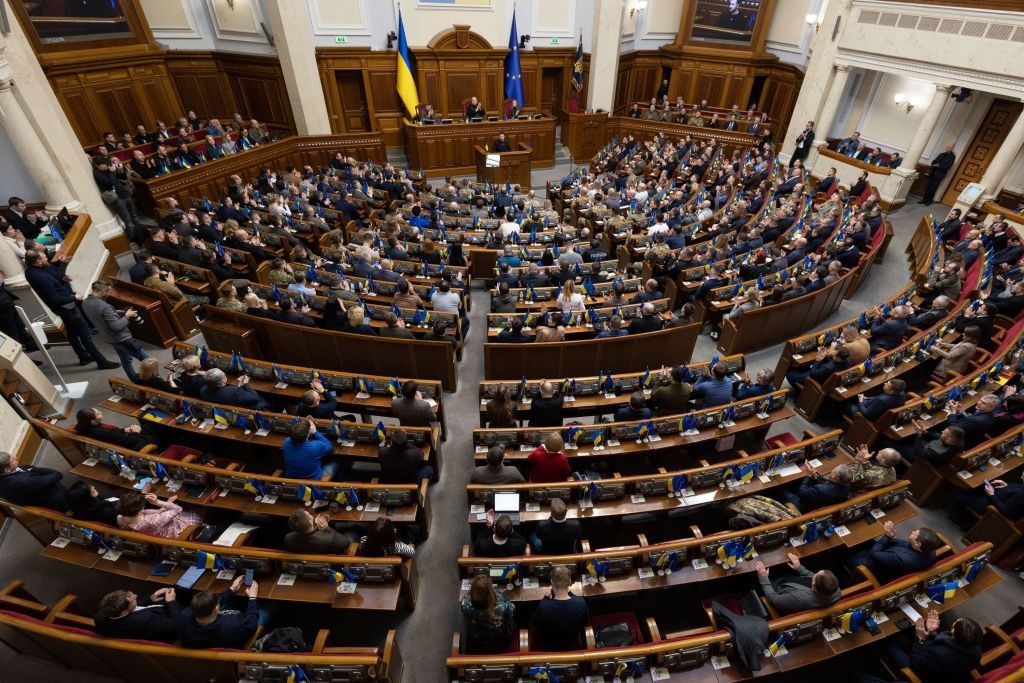Parliament approves public access to asset declarations, amends controversial law

The Verkhovna Rada, Ukraine's parliament, approved a new version of the law on asset declarations on Sept. 20, with the amendment that declarations will be made publicly accessible immediately.
According to MP Yaroslav Zhelezniak, 341 lawmakers voted in favor.
On Sept. 12, President Volodymyr Zelensky vetoed the bill the Verkhovna Rada had previously passed on Sept. 5, due to an amendment to that would block public access to officials' asset declarations for one more year.
"Declarations must be open. At once. Not in a year. The registry should be opened now," Zelensky said on his Telegram channel at the time.
The president had been under pressure from the public to veto the draft law.
Anti-corruption campaigners were particularly concerned that only law enforcement agencies would be able to check asset declarations. Before February 2022, asset declarations were open to the public, but the system was suspended at the full-scale invasion.
A petition published on Sept. 6 that asked President Volodymyr Zelensky to veto the draft law on asset declarations reached over 35,000 signatures in one day.
The law as it stood would deprive citizens and journalists "of a tool for monitoring the actions of officials and a main safeguard against corruption during the war," the petition argued.
On Sept. 7, members of the European Parliament also asked Zelensky to veto the law due to concerns it would undermine trust in anti-corruption reforms.
The system of compulsory asset declarations was originally instituted as part of the country's fight against corruption following the 2014 Euromaidan Revolution.
At the start of the full-scale Russian invasion of Ukraine in February 2022, the requirement for submitting e-declarations was suspended and public access to the declarations was shut down. Officials have still been able to submit them on a voluntary basis.
Following the veto, Zelensky proposed that the bill be amended so that open access to the asset declarations would be reinstated, though certain categories of government employees may be excluded, such as members of the Armed Forces or State Border Guard Service.
Under Zelensky’s proposals, these exceptions would not apply to military personnel holding or seconded to positions as ministers and deputy ministers, or as heads and deputy heads of central and local executive bodies.














